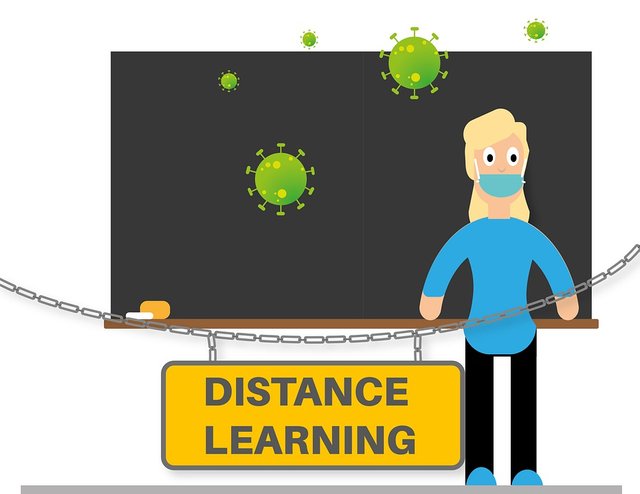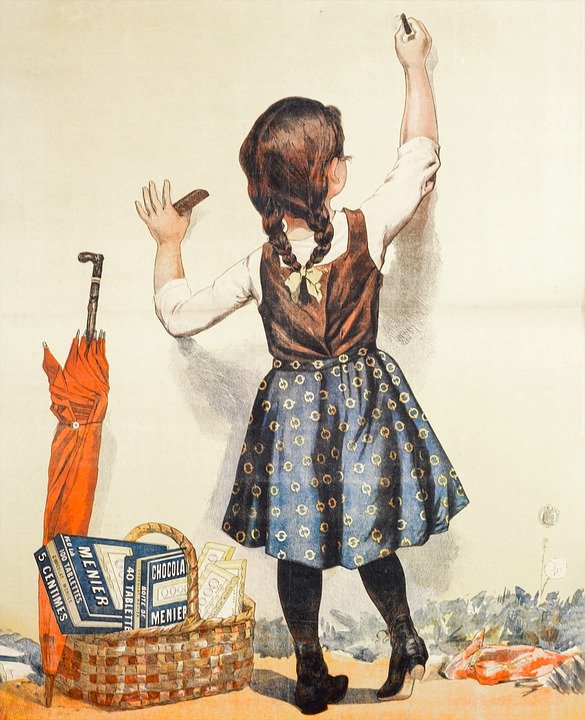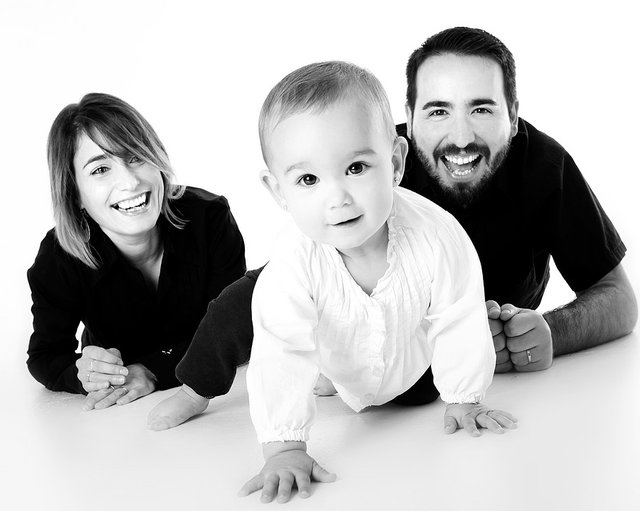Even before the COVID-19 emergency there were, in the whole world, educated but unschooled, competent, but without experience of classrooms, bells and blackboards. Literate, but without IWB.
They are few but growing (also due to the Coronavirus) and they are the children of homeschooling.
Homeschooling is a little known and scarcely widespread reality, even if the data show an increase in families who decide to educate their children at home, without enrolling them in school.
In the world: about 60,000 children in Canada, 70,000 in England and 2 million in the United States, instead of attending school, receive what was once called "parental education" and which today has different names, linked by a single red thread: children do not go to school, but are taught at home, by parents or tutors.
How people arrive at the decision to undertake such an original and little-traveled path as that of homeschooling?
The school, how it was organized, did not convince these people, me included.
My son attended kindergarten for a year and when choosing which primary to enroll him in, we realized the rigidity of the school system, unable to respond to our requests.
In fact, I did not have school proposals that satisfied us. I researched and deepened the topic of homeschooling. We also consulted, with my wife, a lawyer who reassured us about the legality of our proposal. From there I started to share these contents in this blog and started this experience.
What are the strengths of this approach?
Strength, in my opinion is the network of families and the rediscovery of society, as a living place to explore.
Children, like adults and the elderly, live a life that is very "boxed", closed.
The elderly are increasingly marginalized, adults at work and children at school. Homeschooling distorts everything, connects children, adults and the elderly.
As a parent, you challenge yourself, as do siblings. Siblings spend a lot of time together; the neighborhood gets richer, as does society.
At every corner, we have monuments to discover and look at. It's a paradigm shift. I am absolutely not against school, but it does a standard, group job, the classrooms are made up of many children and some teachers do the impossible with few means and spaces.
There is a lot of rigidity in the school. Sometimes they ask me why I have not put these energies into school: simply because I have often seen that there are often no returns, I prefer to work and set a virtuous example, even for other families.
Which families choose homeschooling?
What I noticed is that Some come to homeschooling after many school disappointments, and these are the most difficult cases, because there is a habit of the 'school system' to change.
In a school system that tends to give 'labels' more and more frequently, instead of talking about individuals, they come to education at home, but these are difficult situations, because they find it harder to get used to.
There is no religious imprint in my experience, we have our own spirituality, but we do not adhere to any religious denomination: we simply want to enjoy this moment of growth in our children, and be by their side as long as possible.
I have friends with educated children, which make me think a lot. Hearing that they cannot go out on Sundays to do their homework makes us understand that our path is the right one.



Congratulations, your nice post has been upvoted by the steem.skillshare curation trail!
If you wish to join as well our trail and support our community, other users, and earn the curation reward, please check out this post:
steem.skillshare curation trail post
Downvoting a post can decrease pending rewards and make it less visible. Common reasons:
Submit